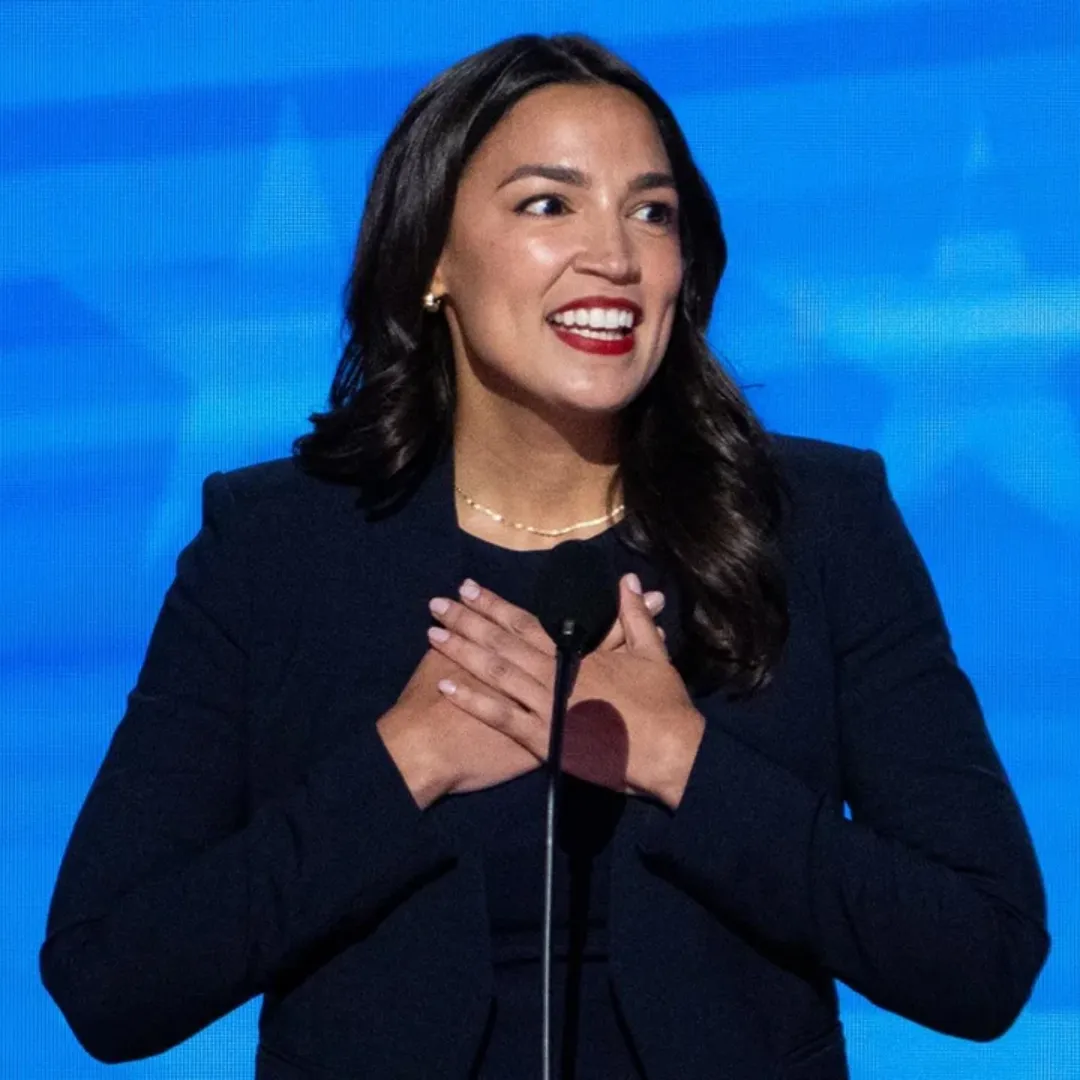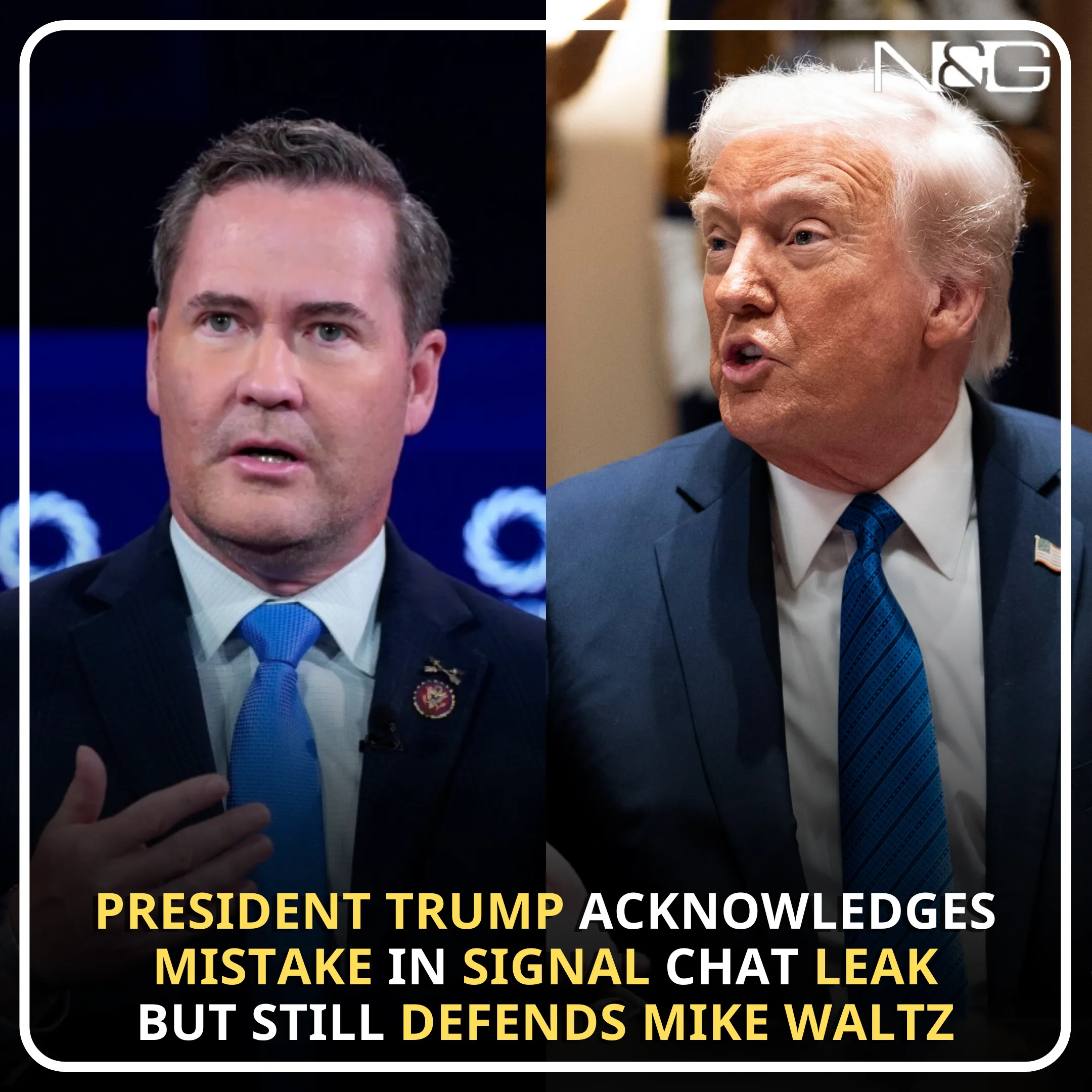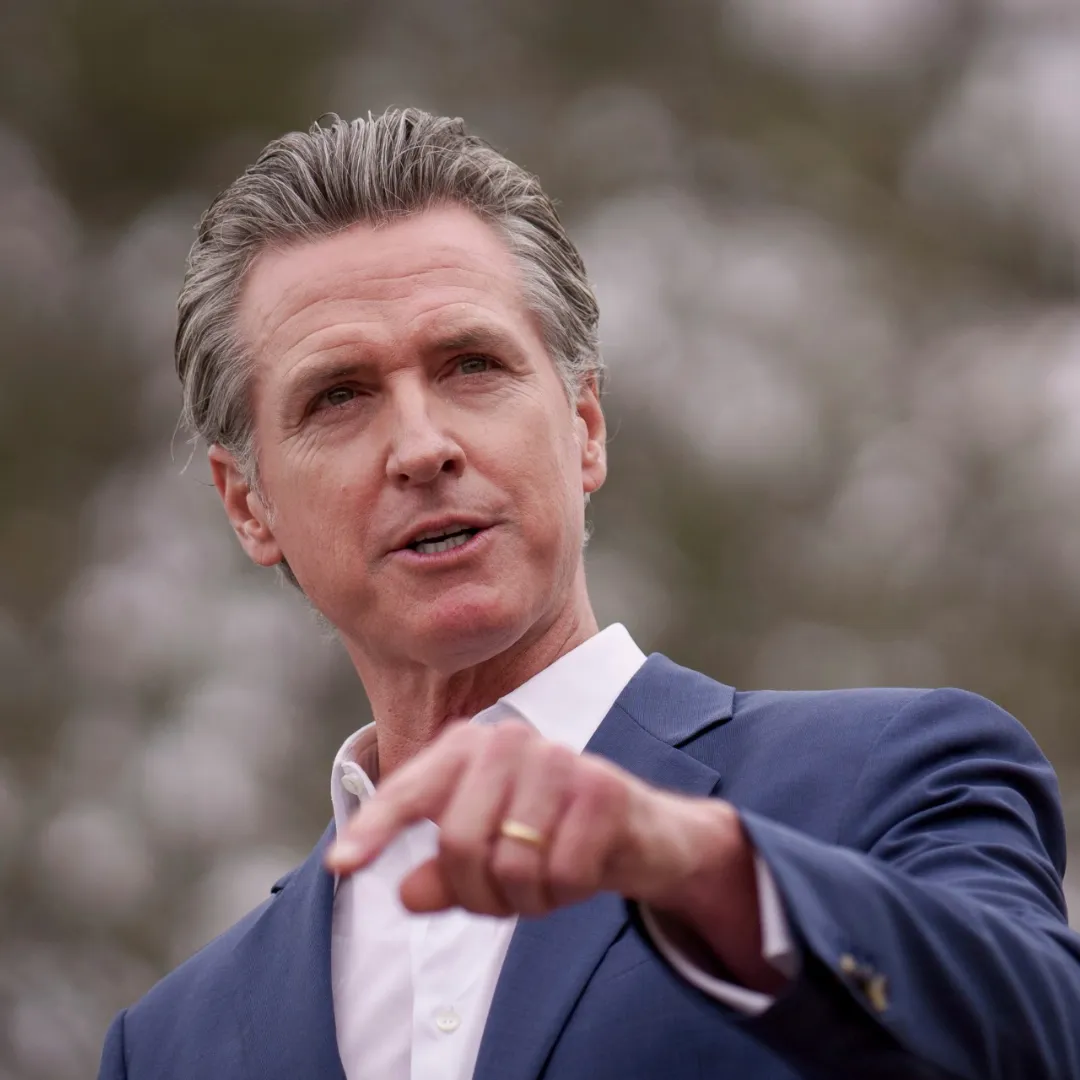In a fiery press conference Wednesday afternoon, Senate Minority Leader Chuck Schumer (D-N.Y.) unleashed a blistering critique of President Donald Trump’s sweeping new tariff plan, describing it as a "massive hidden tax" on everyday Americans and a cynical maneuver to subsidize tax cuts for the ultra-wealthy.
Speaking from the steps of the U.S. Capitol, Schumer minced no words in condemning the administration’s latest economic shift, which includes a blanket 10 percent tariff on nearly all imports, as well as higher, targeted tariffs on dozens of countries that the White House has labeled “trade abusers.”
“This is a huge tax on American families, all — all — to help billionaires get a tax cut,” Schumer said, accusing Trump of using the policy to generate quick revenue as a political cushion.
The tariffs, announced by President Trump from the Rose Garden at 4 p.m. on Wednesday, represent one of the most sweeping protectionist moves in modern U.S. history. They mark a stark escalation in trade policy that is expected to impact nearly every aspect of consumer life—from groceries and electronics to cars and prescription medication.
President Trump’s remarks, delivered with typical bravado, positioned the tariff plan as a righteous correction to decades of unfair global trade practices.
“We’ve been cheated. Cheated by our so-called trading partners,” Trump told the press. “And that ends today. America is open for business, but no longer open to being exploited.”
Under the new plan:
-
A 10% blanket tariff will be applied to nearly all imported goods starting Friday.
-
A 25% tariff on all foreign-made automobiles will take effect at 12:01 a.m. on April 3.
-
Reciprocal tariffs on around 60 countries, many of them key U.S. trading partners, will kick in on April 9 at 12:01 a.m.
Countries subject to these higher tariffs include China, Vietnam, Taiwan, Japan, India, South Korea, Thailand, Switzerland, Indonesia, Malaysia, Cambodia, and all members of the European Union.
The administration argues that the tariffs are intended not only to punish countries that maintain high trade barriers against U.S. products but also to level the playing field for American workers and manufacturers.
Within hours of the announcement, U.S. markets reacted sharply, with the Dow Jones Industrial Average tumbling over 400 points by closing bell. Wall Street analysts attributed the drop to investor fears of rising consumer costs, supply chain disruptions, and potential retaliatory tariffs from key trading partners.
Retailers were among the first to sound the alarm. The National Retail Federation (NRF) issued a statement calling the move “an economic boomerang that will end up hitting American families the hardest.”
“This is not the way to boost American competitiveness,” said Matthew Shay, President and CEO of NRF. “Consumers will be paying more for everything from sneakers and smartphones to refrigerators and coffee makers.”
Auto manufacturers also expressed serious concern. The Alliance for Automotive Innovation, which represents most major automakers, estimated that the 25% car tariff could increase average vehicle costs by $3,800 to $5,000, potentially wiping out demand in an already price-sensitive market.
“It’s a self-inflicted wound,” said one executive anonymously. “There’s no way to absorb that cost without passing it on.”
In his Capitol Hill remarks, Schumer painted a vivid picture of the human toll these tariffs could take.
“When the average American family sits down and tries to figure out how they're going to pay for things... they’re going to be shocked to find $5,000 missing from their budget,” he said. “That might mean no vacation, no new car, or even no medicine for Grandma.”
He accused the White House of cloaking the policy in patriotic rhetoric while hiding its true purpose — a stopgap solution to fund the 2017 Republican tax cuts, which analysts say have ballooned the deficit without delivering promised economic growth.
“This isn’t economic justice. This is economic betrayal,” Schumer said. “And families from Buffalo to Bakersfield are going to feel it.”
The rollout of the tariffs has split Capitol Hill, with reactions falling largely along partisan lines — but with some notable exceptions.
Republican Senator Josh Hawley (R-Mo.), a frequent Trump ally, endorsed the move, saying the U.S. needed to “strike back at the globalists who’ve hollowed out our industries.” But even he expressed reservations about the across-the-board 10 percent hike.
“I’d like to see more targeted measures,” he said. “We don’t want to punish our allies or create unnecessary inflation.”
Other Republicans were less forgiving. Senator Susan Collins (R-Maine) called the move “deeply troubling” and said it risked turning American consumers into collateral damage.
On the Democratic side, the policy was almost uniformly condemned. Senator Sherrod Brown (D-Ohio) warned of “economic warfare disguised as populism,” while Senator Elizabeth Warren (D-Mass.) called it “a political stunt that working families can’t afford.”
Historians and economists were quick to draw comparisons to past tariff-related crises, particularly the Smoot-Hawley Tariff Act of 1930, which worsened the Great Depression by triggering retaliatory trade wars that crippled global commerce.
Dr. Elaine Mendez, a historian at the University of Chicago, warned of a “dangerous déjà vu.”
“We’ve seen this movie before,” she said. “Trade wars rarely end well, and the people who suffer first — and longest — are usually the ones with the least cushion.”
Many economists also noted that the timing is precarious. Inflation, while slowing, remains elevated, and any added pressure on consumer goods could disrupt the fragile economic recovery post-pandemic.
International leaders have yet to issue formal responses, but diplomatic sources say discussions are already underway in Brussels, Beijing, and Tokyo regarding countermeasures.
The European Union is reportedly drafting a list of U.S. goods — including bourbon, motorcycles, and agricultural products — to target with retaliatory tariffs if negotiations with Washington fail.
China, meanwhile, hinted at “proportional and strategic responses,” with a spokesperson from the Ministry of Commerce calling the new policy “unjust, aggressive, and a breach of international norms.”
Some analysts argue the tariffs are as much a political calculation as they are an economic one. With the 2024 election cycle on the horizon, Trump may be leaning into economic nationalism to reignite his base — particularly in battleground states still reeling from deindustrialization.
Angela Ruiz, a political strategist and former trade advisor, sees a clear pattern.
“This plays well in Ohio, Pennsylvania, and Michigan — places where Trump still polls strong. But he’s betting that voters won’t notice their weekly bills going up until it’s too late.”
Still, if the pain is immediate and personal, as critics like Schumer suggest, the gamble could backfire.
“People don’t forget when they’re hurting financially,” Schumer warned. “And they’ll remember exactly who to hold accountable.”
As the first wave of tariffs prepares to take effect, businesses, households, and international partners alike are bracing for impact. Whether the move bolsters American industry or backfires on Main Street, one thing is certain: the next few months could reshape not only America’s economy but its global relationships and political future.








